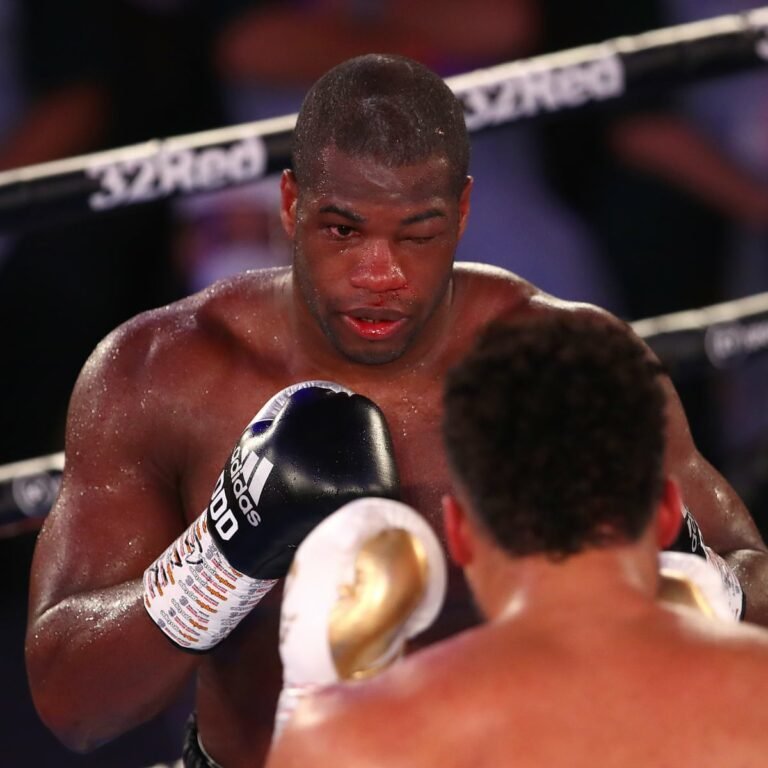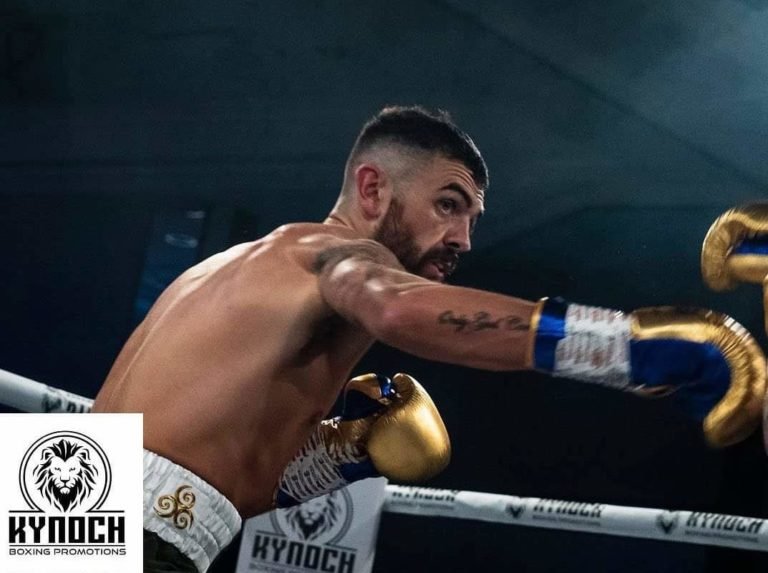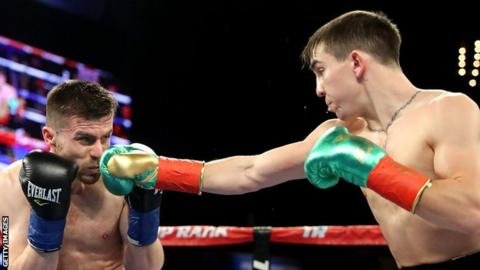
Daniel Dubois has eyes opened as Joe Joyce marches on
Joe Joyce ended his feud with fellow British heavyweight Daniel Dubois with a tenth round TKO after a back and forth encounter at Westminster’s Church

Joe Joyce ended his feud with fellow British heavyweight Daniel Dubois with a tenth round TKO after a back and forth encounter at Westminster’s Church

Big time boxing returns to the UK this weekend as Frank Warren puts a card on live from the BT Sport studio in London. Featuring

Former heavyweight champion of the world, Tyson Fury has signed his contract to face WBC champion Deontay Wilder. The fight was confirmed by promoter Frank

Michael Conlan will make a triumphant return to Belfast on June 30 when he makes his first appearance as a professional boxer on Irish soil.

Frank Warren has written about a possible Conor McGregor – Floyd Mayweather bout in his column on the Boxnation website. Warren writes, ” What once